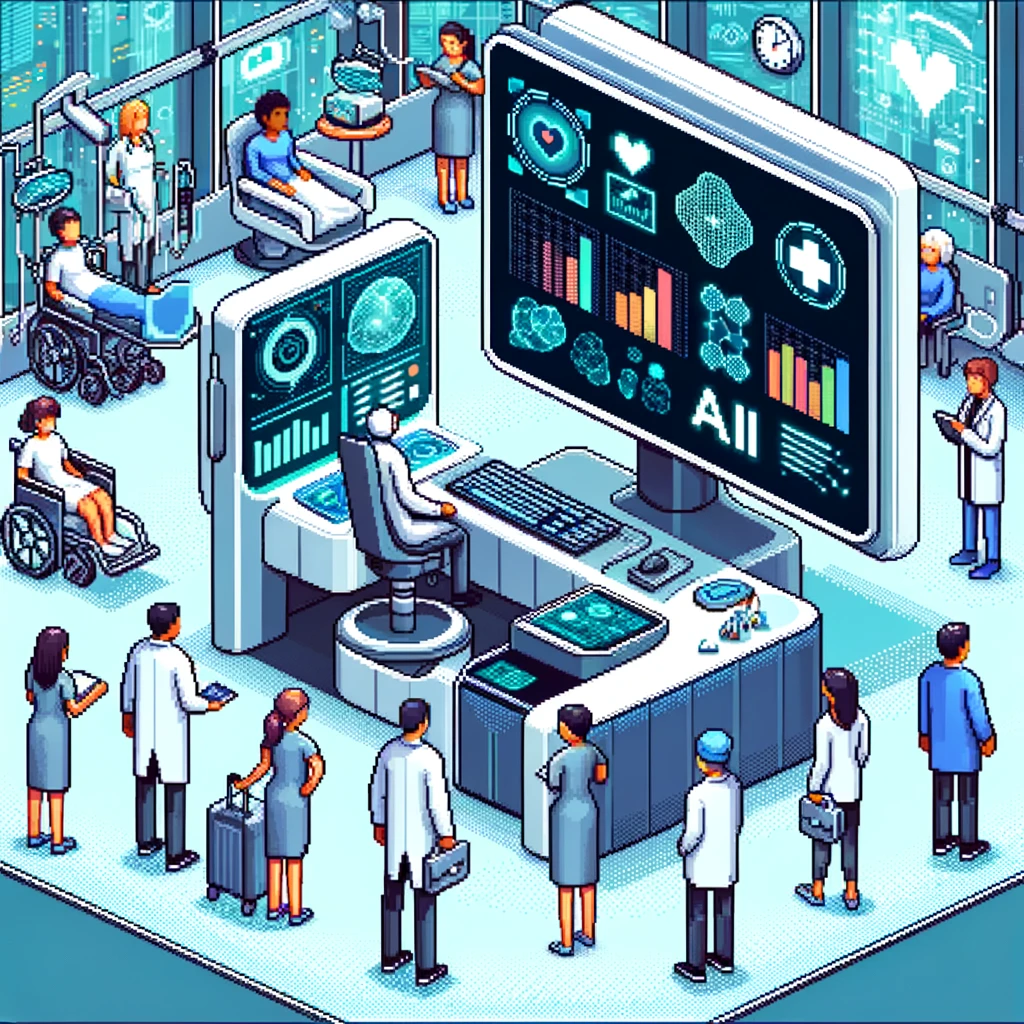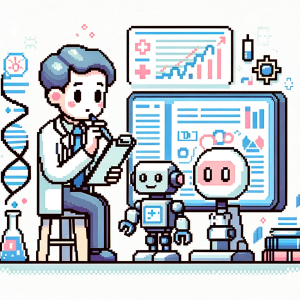
Understanding the Future of Healthcare: AI and Predictive Models in the Veterans Health Administration
Healthcare is on the brink of a transformation, thanks to the groundbreaking work done in predictive models using Artificial Intelligence (AI) and Machine Learning (ML). A shining example of this evolution is found in the Veterans Health Administration’s (VHA) efforts, as detailed in the article “Developing and Implementing Predictive Models in a Learning Healthcare System: Traditional and Artificial Intelligence Approaches in the Veterans Health Administration.” This comprehensive review offers a deep dive into over a decade of VHA’s experience in developing, testing, and implementing predictive models at scale.
The Journey to Predictive Healthcare
For years, healthcare professionals have used predictive models like the Apgar score or the Framingham Risk Score to forecast health outcomes. However, the last two decades have revolutionized this field with the advent of electronic health record (EHR) data, high-capacity computing, and advanced AI and ML techniques. The VHA, the largest integrated healthcare system in the U.S., is at the forefront of this revolution, using its extensive EHR data to develop models that predict clinical risks more accurately than ever before.
AI in Action: Real-World Applications
The practical applications of these models are vast. They range from predicting severe COVID-19 infections and hospital readmissions to identifying patients at risk of suicide. Despite the plethora of models available, their successful adoption in improving patient outcomes remains a challenge. The VHA’s experience, however, provides valuable insights into how these models can be effectively implemented in a large healthcare system.
Overcoming Challenges: The Road to Implementation
Developing an accurate model is just the first step. The real challenge lies in the implementation: integrating these models into the clinical workflow, engaging users, assessing their impact on decisions and outcomes, and refining them for sustainability. The article emphasizes that for every dollar spent creating a prediction tool, $100 might be required for its effective implementation.
Once again, we see that implementation is HARD!
AI and Public Health: Implications for Practitioners
Public health practitioners can draw significant lessons from the VHA’s journey. The integration of AI in healthcare not only promises improved patient outcomes but also offers a framework for public health decision-making. Practitioners can leverage these models to prioritize care for populations and personalize care for individual patients.
The Ethical Dimension: AI for Good
The ethical implications of AI in healthcare cannot be overlooked. Predictive models must be developed with a focus on fairness, transparency, and avoiding biases that could perpetuate inequalities. The VHA’s commitment to ethical AI principles serves as a model for other healthcare systems.
Looking Forward: Embracing the AI-Powered Healthcare Era
As we stand on the cusp of a new era in healthcare, the VHA’s experience with AI and predictive models offers a beacon of hope and a roadmap for others to follow. The integration of these technologies into healthcare systems worldwide has the potential to transform patient care, making it more personalized, efficient, and effective.
Empower Your Public Health Journey – Subscribe and Transform!
Unlock the transformative power of knowledge with ‘This Week in Public Health.’ Each issue is a treasure trove of insights into crucial research, community health achievements, and advocacy strategies. Don’t just read about change – be the agent of it. Subscribe for free and start making an impact with each edition!



